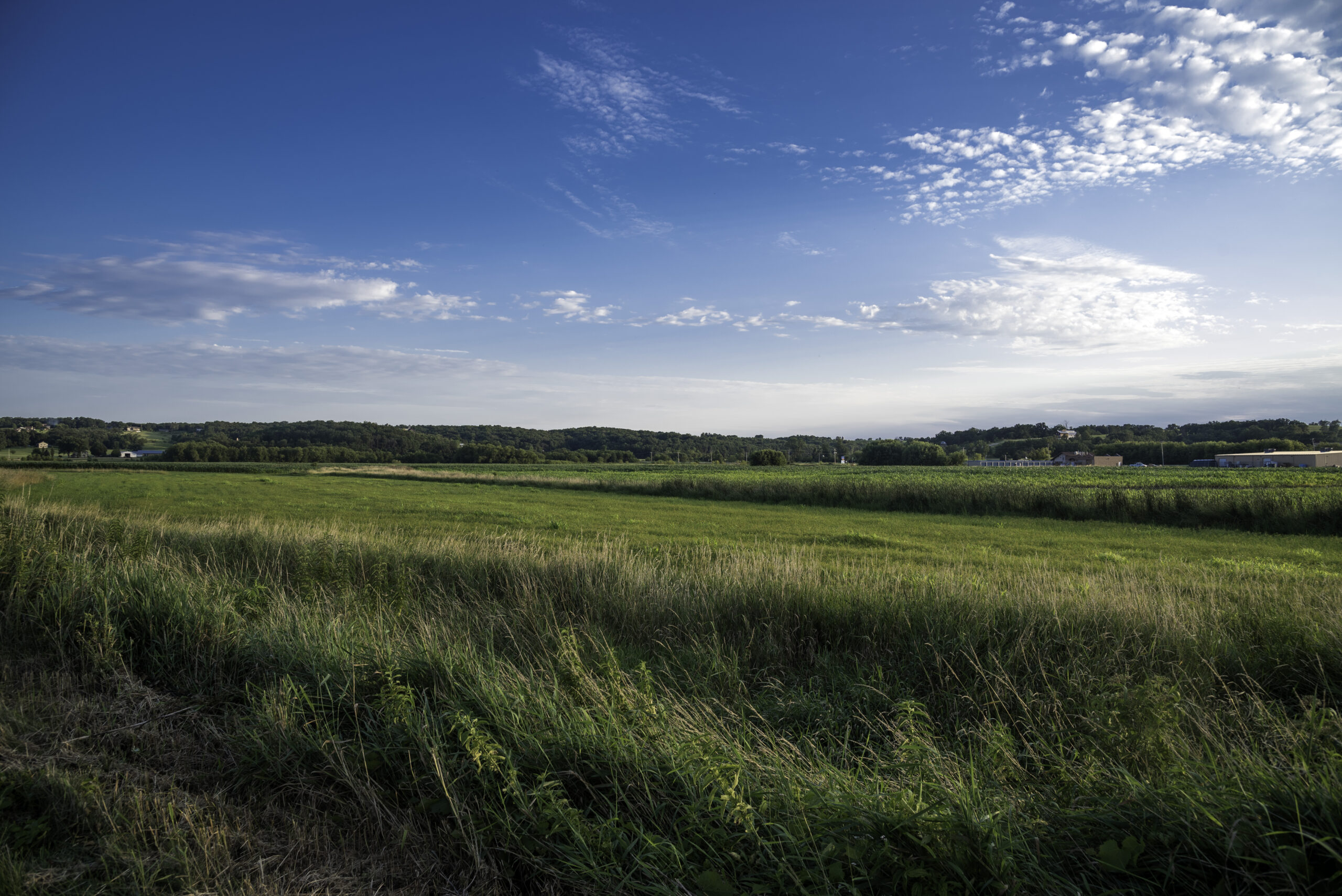As the end of my CEP internship experience nears, I find myself reflecting on what has been an incredibly meaningful 6 months, and an important part of my graduate studies. I am fortunate to have worked with the Columbia Land Conservancy: an impactful organization, dedicated to conserving natural habitats and reconnecting people with their local environment through access, education, and outreach. I learned many practical lessons, developed new skills, and got the chance to work with a team of dedicated and passionate people.
Turning Action into Advocacy
One of the most rewarding experiences of my internship happened in November, when I had the opportunity to engage in state-wide policy discussions in support of farmland protection and land access initiatives. Attending American Farmland Trust’s fall lobby day, and participating in their On Solid Ground forum, were two of the most valuable experiences of my entire internship.

As I made the journey to Albany on a cold November morning, I wasn’t entirely sure what to expect. I had never even been to the capital as a tourist, let alone as an advocate. After our arrival and a few introductions, our group divided into two teams and quickly reviewed our strategy and list of asks. Both teams were comprised of professionals working at policy and/or conservation organizations, and were in Albany to advocate on behalf of the local communities they serve. It was reassuring to hear that many other professionals were facing the same challenges I was facing in my own work. Although we had only just met, we all shared a collective vision: to advance farmland conservation and access work throughout New York State.
In our meetings, we delivered powerful testimonies about how our work was impacting and helping farmers, and the rural communities they call home. These stories were delivered alongside specific policy ‘asks’, and followed by discussions with legislators and legislative assistants exploring the ways our advocacy group would like to see New York State’s approach to farmland protection change. Experiencing this sort of advocacy work first hand was both exciting and inspiring and set the tone for the On Solid Ground forum the next day, a conference of practitioners from all over New York state focused on farmland conservation and land access.
The conference was everything I expected. Panel discussions of popular farmland conservation topics, group activities where participants shared stories of their own successes and failures, and a few inspiring speakers delivering messages about the importance and power of our collective action. I made new connections, learned about interesting projects happening outside of the Hudson Valley, and enjoyed a delicious meal comprised of a variety of foods from local farms (an added perk to working in farmland protection is easy access to incredible local food).
Personal Accountability for a Collective Failure
Towards the end of the day, the tone of the day took a notable turn. Karen Washington, a life-long farmer, political activist, and community organizer fighting for food justice was introduced as the final speaker of the day. Karen helped found Rise and Root Farm in Chester, NY, in 2014 and her work fighting to improve food access in urban environments has spanned decades.
Karen delivered a powerful message, recognizing and directly addressing the lack of diversity within farming, and specifically the lack of representation among the group gathered at the conference that day. Karen reminded us of the history of racial discrimination in farming in the United States.

Direct Representation of Black, Hispanic, LGBTQI+, and other underserved farmers is the only way to effectively craft policy that effectively responds to the needs of all people, and help our larger farming community overcome centuries of political inequality. Unless these farmers ‘get a seat at the table’ they will never will never truly have their voices heard.
Karen’s speech was a reality check. Complacency allows us to ignore the most complex problems. For people of privilege, racism, sexism, and other forms of systemic oppression and discrimination are often easier to ignore than to solve.
I came away from the day reflecting on the ways in which I participate in and perpetuate a system that doesn’t serve everyone in my community equally. While this experience didn’t yield any hard skill or important professional contact, I look back on it as one of the most impactful moments of my internship experience. I’d imagine that many in attendance felt similarly in that moment. Karen’s message served as an important reminder to each and every one of us that there is still a lot of work to be done.
